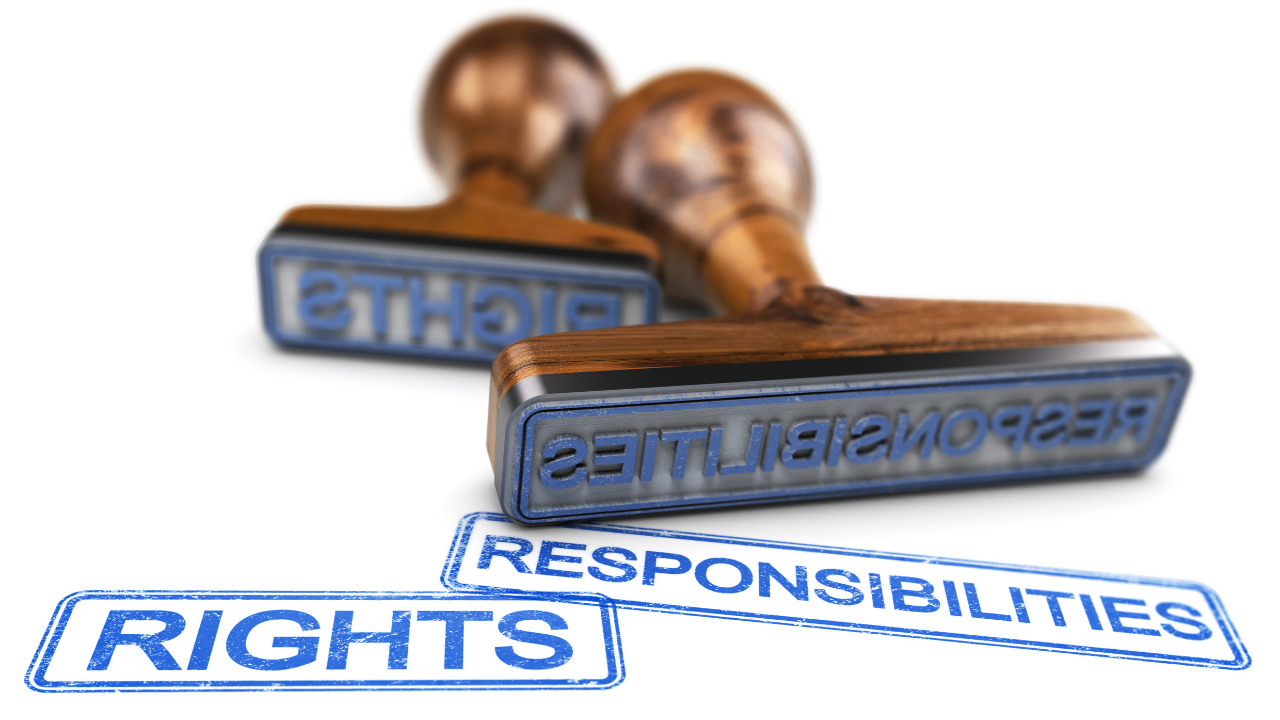Protecting Yourself as a Renter: Your Rights and Responsibilities
Marilyn Archer • September 21, 2025

Renting should feel safe and straightforward, but too often, renters don’t know their full rights—or their responsibilities. That lack of knowledge can lead to unfair treatment, unexpected costs, or even legal disputes.
Understanding your role as a tenant and what landlords are legally required to provide is the best way to protect yourself. Here’s a clear guide to your rights and responsibilities as a renter.
✅1. Your Rights as a Renter
The Right to a Habitable Home
Landlords must provide safe, livable housing. That includes:
- Heat, hot water, and electricity
- Working plumbing and appliances (if provided in lease)
- Safe structure (roof, walls, locks, doors, windows)
- Compliance with local health and building codes
If these conditions aren’t met, you may have the right to withhold rent, repair and deduct, or even break the lease—depending on state laws.
The Right to Privacy
- Landlords can’t show up unannounced. Most states require 24–48 hours’ notice before entry, except for emergencies.
- You have the right to quiet enjoyment—meaning you should be able to live without harassment or unreasonable intrusion.
The Right to Fair Housing
Under the
Fair Housing Act, landlords cannot discriminate based on:
- Race, color, religion, sex, national origin, disability, or family status.
Some states and cities add protections for sexual orientation, source of income, or marital status.
The Right to Written Notices
- For rent increases, lease terminations, or rule changes, landlords must provide proper written notice (timelines vary by state).
✅2. Your Responsibilities as a Renter
Paying Rent On Time
This is your primary responsibility. Late or missed payments can lead to fees, eviction filings, and damage to your credit.
Maintaining Reasonable Care
You’re expected to keep the unit clean and free from hazards. Normal wear and tear is acceptable, but:
- Report leaks, pests, or damages promptly.
- Avoid intentional or negligent damage.
Following Lease Terms
- Respect occupancy limits, pet policies, and subletting rules.
- Abide by community guidelines if you live in a building or HOA community.
Allowing Access for Repairs
While you have privacy rights, you’re also required to allow reasonable access for inspections and repairs with proper notice.
✅3. Steps to Protect Yourself as a Renter
- Read Your Lease Carefully: Know what’s expected of both parties.
- Document Everything: Take photos at move-in and move-out.
- Keep Records: Save emails, texts, and payment receipts.
- Know Local Laws: Renter rights vary by state—look up your state’s housing authority for details.
- Consider Renters Insurance: Protect your belongings and liability.
💡Recap
Renting doesn’t mean giving up control. By understanding your rights and fulfilling your responsibilities, you can protect yourself, avoid disputes, and create a stable, positive rental experience.
Remember: Knowledge is your best defense as a renter—and your strongest foundation for future homeownership.



